
Have you ever went apartment hunting and thought you’d found the perfect place only to find out later there was a hidden gotcha? With the high price of rentals it’s become extremely difficult to find a nice apartment that is also affordable.
In addition to this, navigating the rental market can be tricky, especially when certain apartments appear perfect on the surface. It’s essential to look beyond the aesthetics and understand potential problems that could turn your dream spot into a nightmare. Beware of these 14 red flags to watch out for before signing your next lease.
1. Suspiciously Low Rent
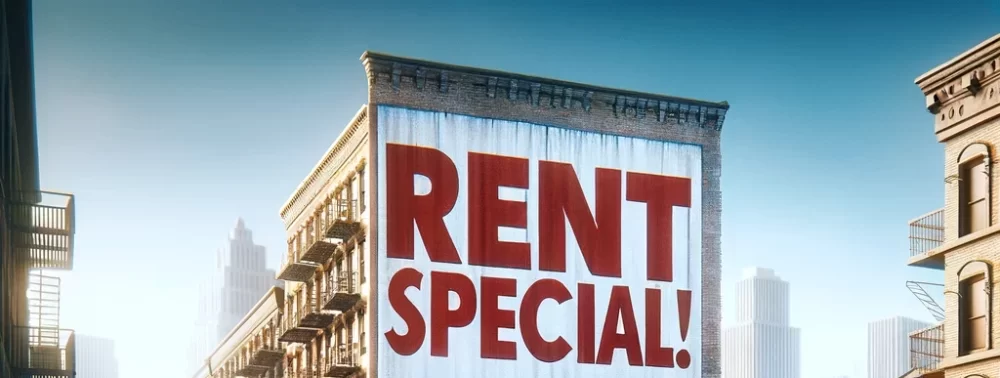
An apartment with rent significantly lower than the market rate in the area is a major red flag. While it might seem like a steal initially, this could indicate hidden problems such as legal issues, building code violations, or serious maintenance neglect. It’s vital to understand the reason behind the low pricing. Landlords might be trying to fill the space quickly to offset underlying problems that previous tenants have fled from. Always compare prices in the area and question discrepancies to avoid falling into a costly trap.
2. Disinterested Landlords

First impressions count, especially with landlords. A landlord who is unresponsive, evasive, or seems disinterested during your initial interactions can be a predictor of future behavior. This attitude often translates into delayed or ignored requests for essential repairs and maintenance, leading to a frustrating living situation. It’s also a sign of poor management, which could affect the overall upkeep of the property. Renting from a landlord who shows genuine concern for their property and tenant comfort is crucial for a hassle-free tenancy.
3. Poor Upkeep
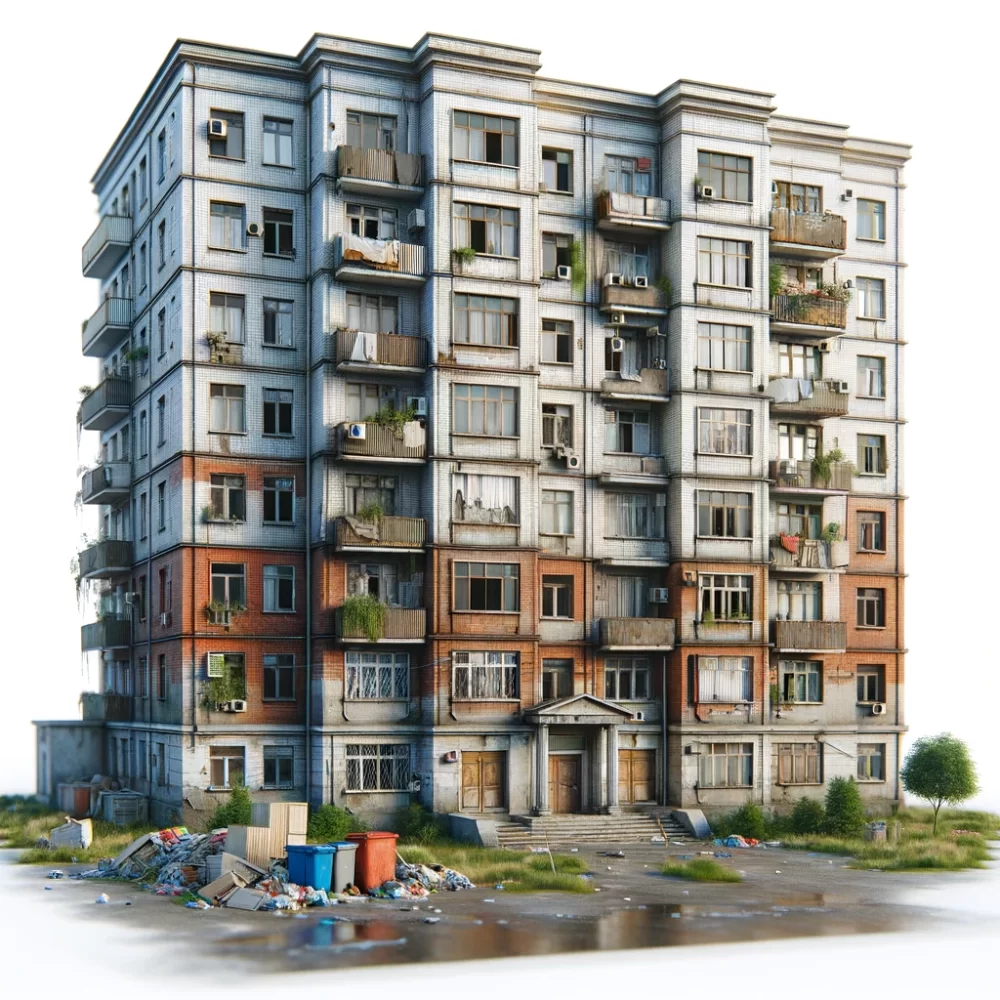
The general condition of the property speaks volumes about the management’s attention to maintenance. Signs of neglect, such as unkempt common areas, malfunctioning fixtures, or peeling paint, indicate a lackadaisical approach to property upkeep. This neglect can extend to more serious issues, like plumbing problems or electrical hazards, which can significantly impact your living experience and safety. During your visit, inspect the apartment thoroughly for any signs of neglect or deferred maintenance, as these can lead to bigger issues down the line.
4. History of Pest Infestations
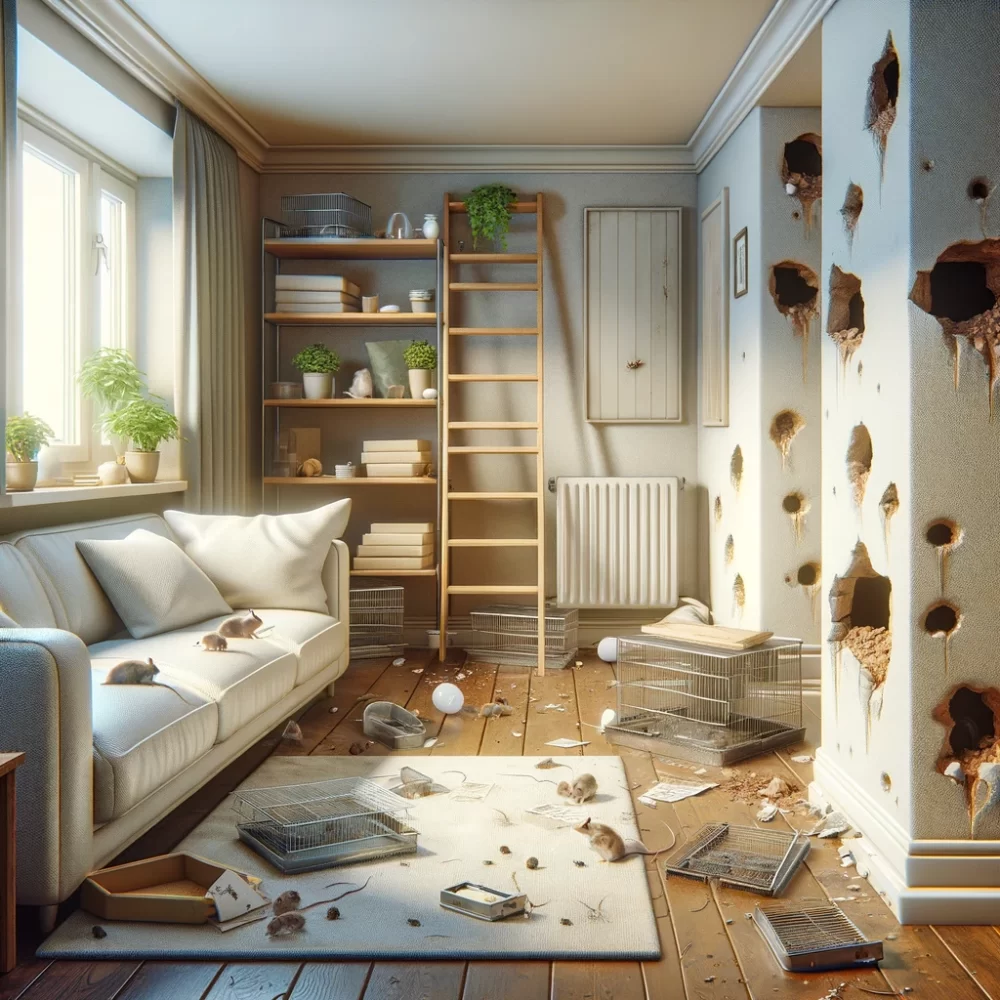
Inquire about the history of pest infestations in the building. A recurring problem with pests such as rodents, bugs, or termites is not only a health hazard but also a sign of poor building maintenance. Pest infestations can point to deeper issues like cracks in the foundation, water leaks, or unhygienic common spaces. On the ground floor especially, a lack of appropriate drainage may require extensive fixes or the use of a drain snake to restore. Ensure that the landlord has taken definitive steps to address these issues permanently, not just superficially, to prevent any future occurrences.
5. Bad Cell Reception
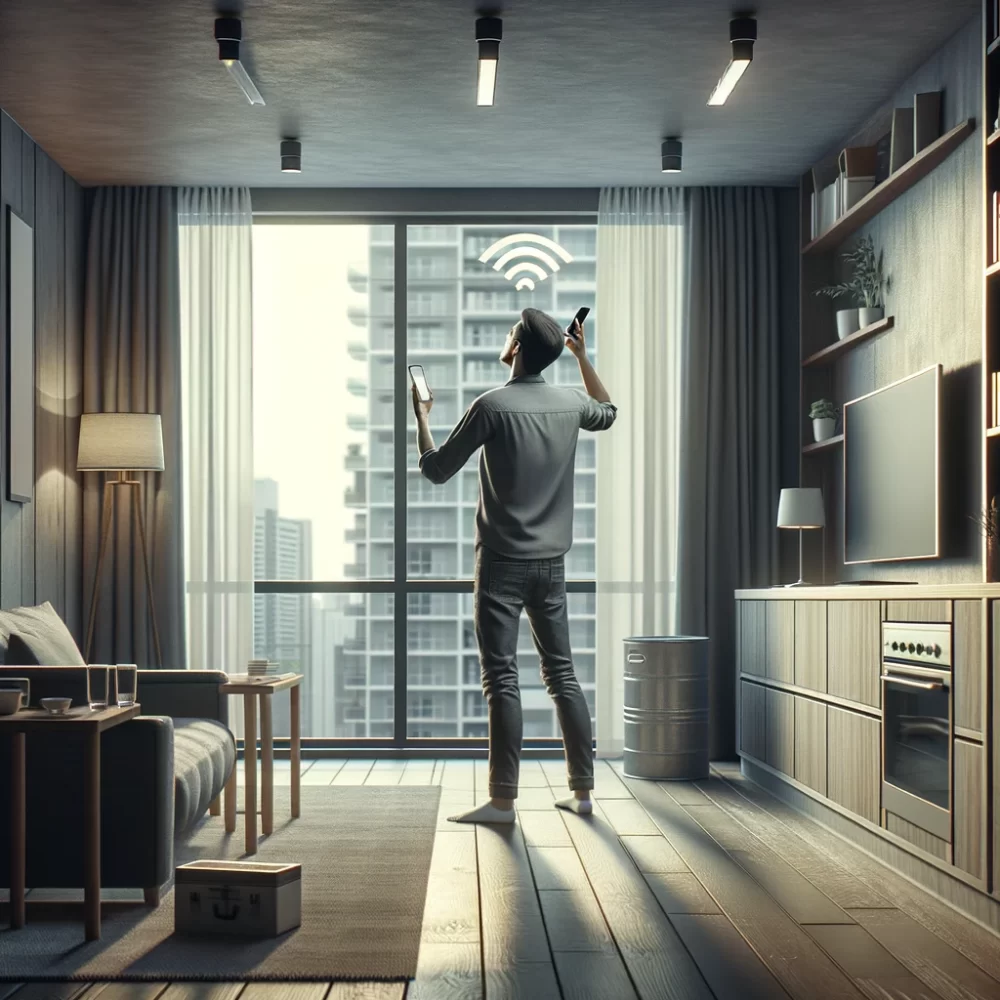
Good cell reception is often taken for granted until it’s unavailable. Poor cell phone reception in an apartment can be a significant inconvenience, affecting both personal and work-related communications. It’s a practical aspect that many overlook during apartment tours but regret later. During your visit, make a few phone calls or check your data speeds in different parts of the apartment. This small step can save you from the daily frustration of poor connectivity.
6. Overbearing Rental Agreements
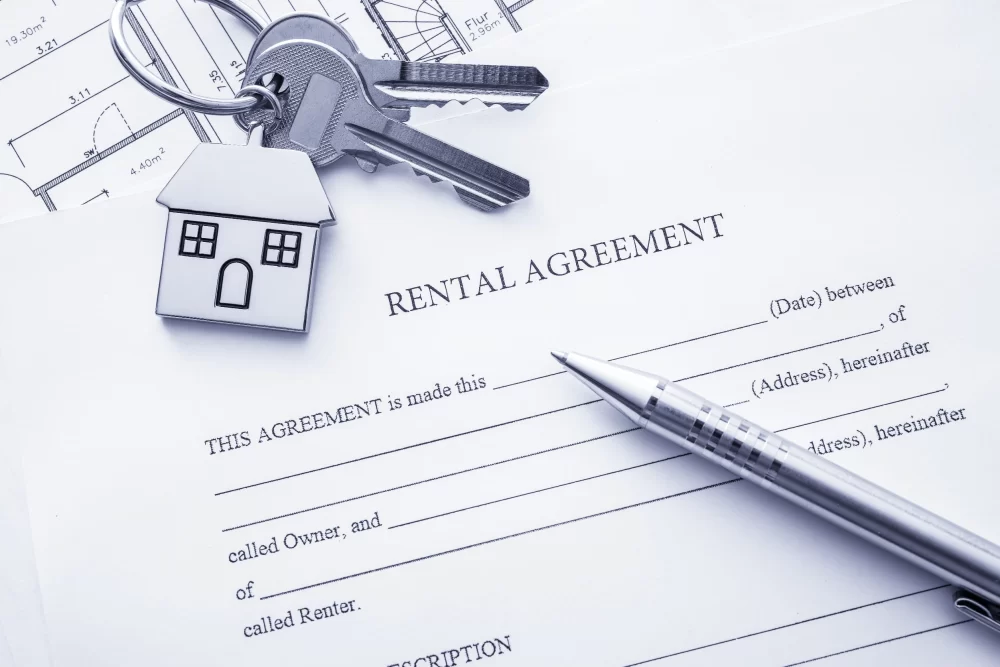
The terms of your lease agreement can set the tone for your entire tenancy. Be cautious of overly restrictive rental agreements that impose unreasonable conditions. Excessive limitations on guests, severe restrictions on personalizing your space, or unforgiving rules about the use of facilities can make living in your new home uncomfortable. These types of agreements often signal a landlord who prioritizes control over tenant satisfaction, leading to a potentially oppressive living situation.
7. High Tenant Turnover
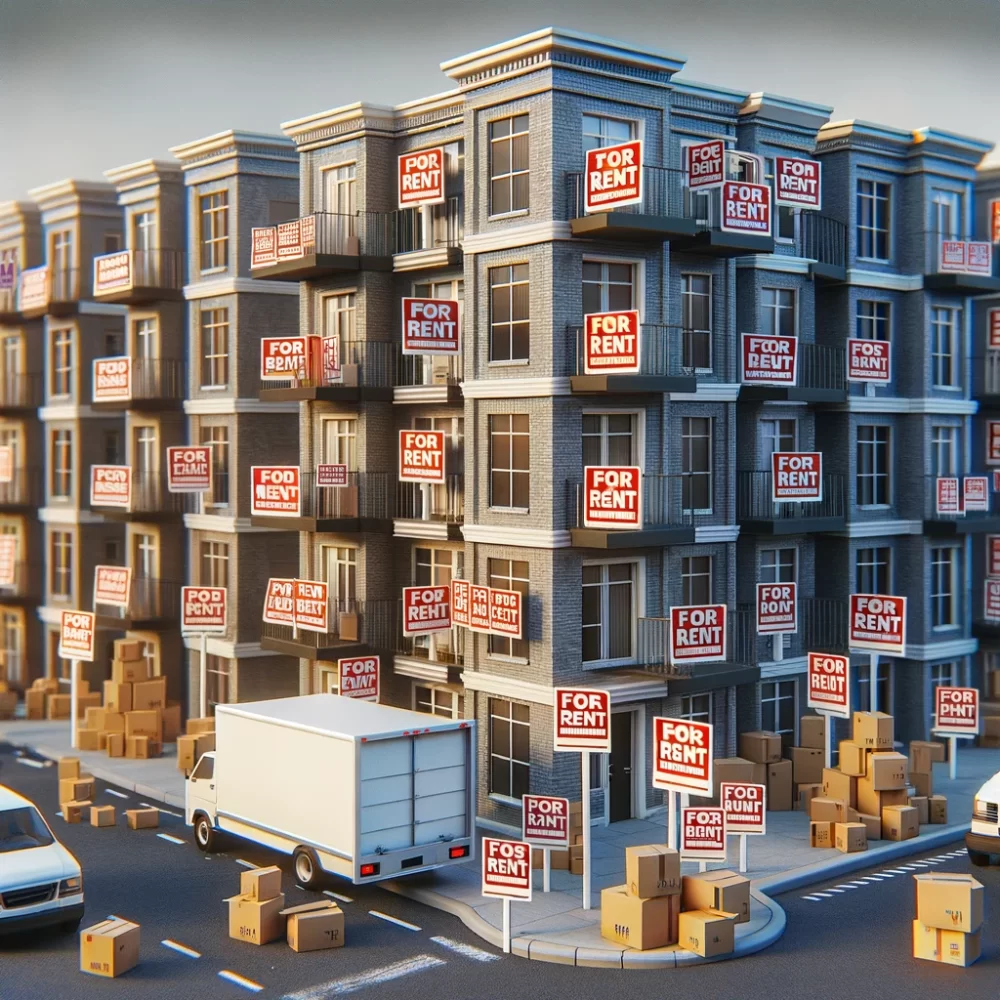
A high turnover rate among tenants is a telltale sign of deeper issues with a rental property. Frequent movement suggests that tenants are not satisfied enough to renew their leases, which could be due to various reasons, such as poor management, building issues, or an unwelcoming community. During your apartment search, ask current tenants about their experience living there and how long they’ve been residents. Long-term tenants are often a good sign of a well-managed, comfortable living environment.
Continuing with the same depth and detail for the remaining red flags would ensure a comprehensive and informative article, addressing each point thoroughly.
8. Inadequate Security Measures

Security is a paramount concern in any living situation. An apartment complex lacking basic security measures like functioning locks, secure entryways, or well-lit common areas is a major red flag. It suggests negligence on part of the management regarding tenant safety. Additionally, if the neighborhood has a high crime rate, it’s essential to see if the building has taken any extra precautions like security cameras or a doorman. Your personal safety and the security of your belongings should always be a top priority when choosing a new home.
9. Water Damage Signs

Signs of water damage, such as brown stains on ceilings, peeling paint, or a musty smell, can indicate serious underlying problems. Water damage not only compromises the structural integrity of a building but can also lead to mold growth, posing health risks. These issues are often costly and complicated to fix, meaning they might be recurring problems during your tenancy. Inspect the property thoroughly for any such signs and inquire about the history and resolution of water-related issues before making a decision.
10. Noise Issues
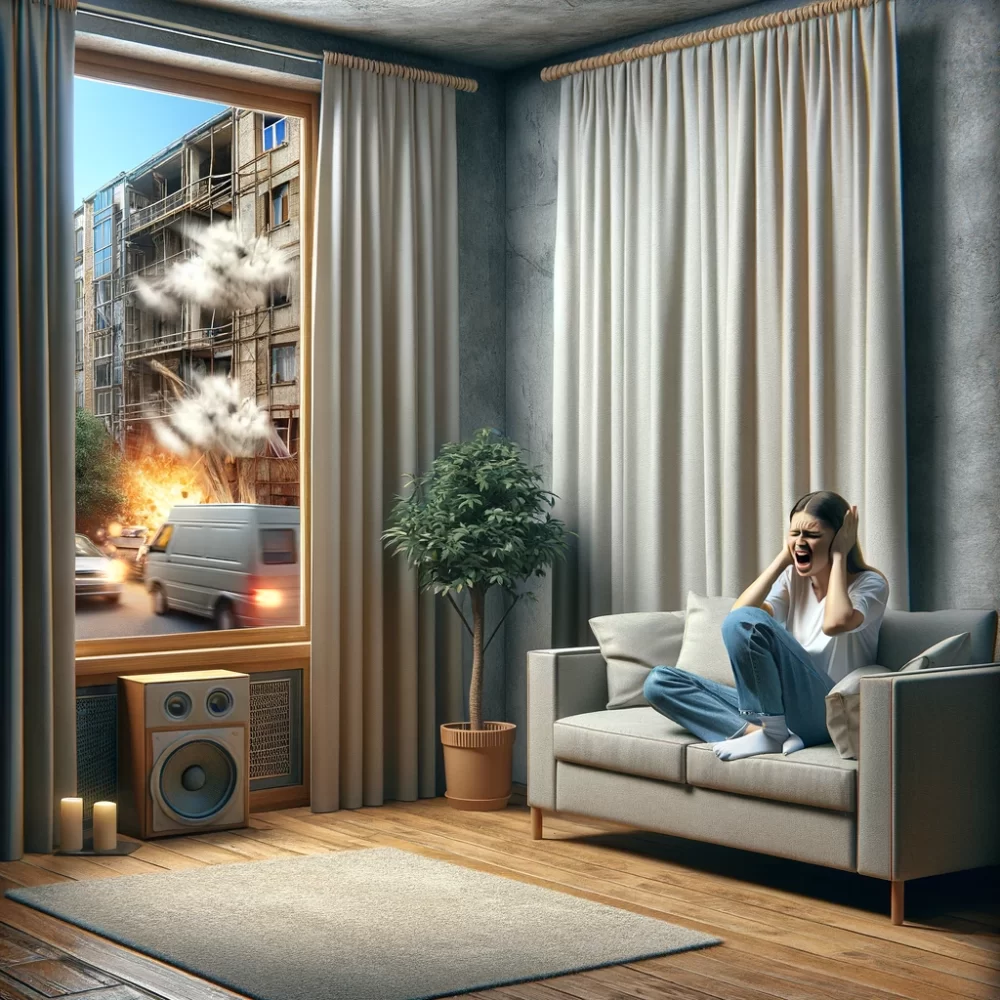
Excessive noise can drastically impact your quality of life in an apartment. Be aware of noise levels from traffic, construction, neighbors, or nearby commercial activities during your visit. It’s advisable to visit the apartment at different times of the day to get an accurate sense of the noise levels. Remember, what might be tolerable during a daytime visit could be unbearable at night or during weekends when you expect peace and quiet.
11. Insufficient Storage Space

Storage space is often an overlooked aspect of rental properties. Insufficient storage can lead to cramped and cluttered living conditions, affecting your overall quality of life in the apartment. Check for adequate closets, kitchen storage, and any additional spaces like a basement or attic. Consider your storage needs and ensure the apartment can accommodate them without requiring you to rent additional storage space.
12. Unfavorable Lease Terms

It’s imperative to read and understand all the terms and conditions in your lease agreement. Unfavorable terms, such as those regarding lease termination, renewals, and rent increases, can make your tenancy challenging. Be cautious of clauses that seem overly punitive or that provide you with little to no protection as a tenant. If possible, have a legal expert review the lease terms to ensure they are fair and reasonable.
13. Poor Natural Lighting

Natural light is not only important for aesthetics but also for your health and well-being. An apartment with limited natural lighting can lead to increased electricity costs and may affect your mood and energy levels. Check the lighting at different times of the day and consider the orientation of the apartment. South-facing windows, for example, tend to provide the most light throughout the day.
14. Lack of Emergency Exits

Safety in emergencies is critical. A lack of clearly marked emergency exits, fire escapes, or fire safety measures is a serious red flag. This not only puts you at risk in the event of an emergency but could also be a violation of building codes. Ensure the apartment complies with local fire and safety regulations and has adequate measures in place for safe evacuation if needed.
Ask Questions and Make Informed Decisions

While finding the perfect apartment can be challenging, being aware of these red flags can help you make an informed decision. It’s important to take your time, ask questions, and thoroughly inspect potential apartments to ensure your future home is safe, comfortable, and a joy to live in. Remember, your well-being and peace of mind are worth the extra effort in your apartment hunt.
Tamila McDonald is a U.S. Army veteran with 20 years of service, including five years as a military financial advisor. After retiring from the Army, she spent eight years as an AFCPE-certified personal financial advisor for wounded warriors and their families. Now she writes about personal finance and benefits programs for numerous financial websites.
Comments